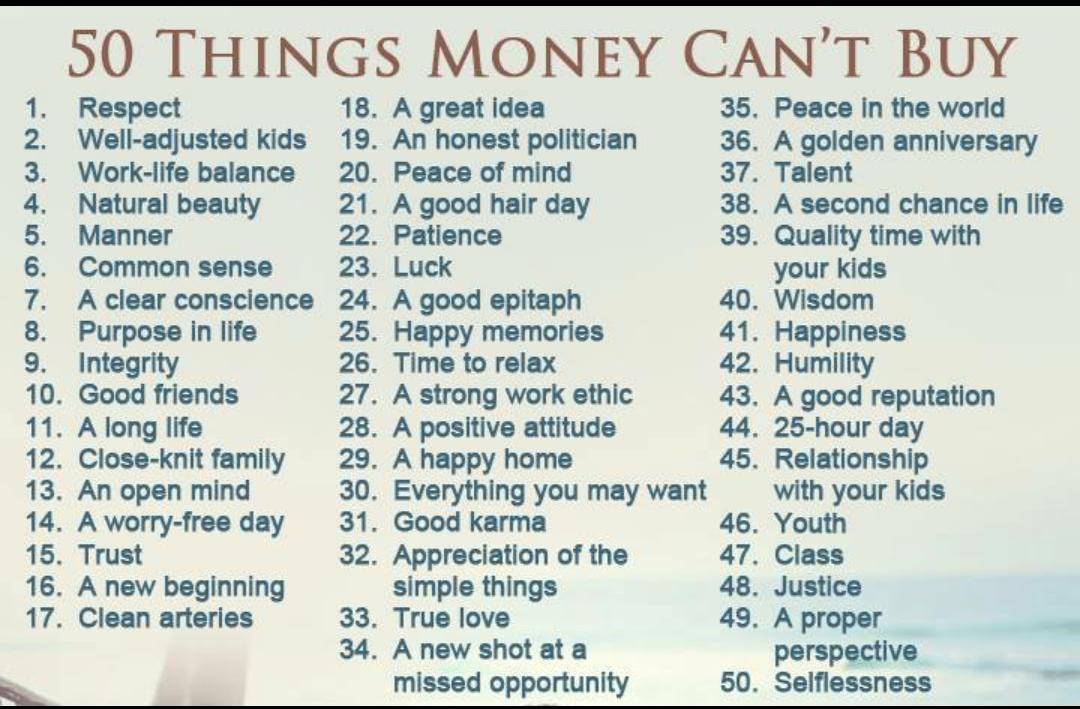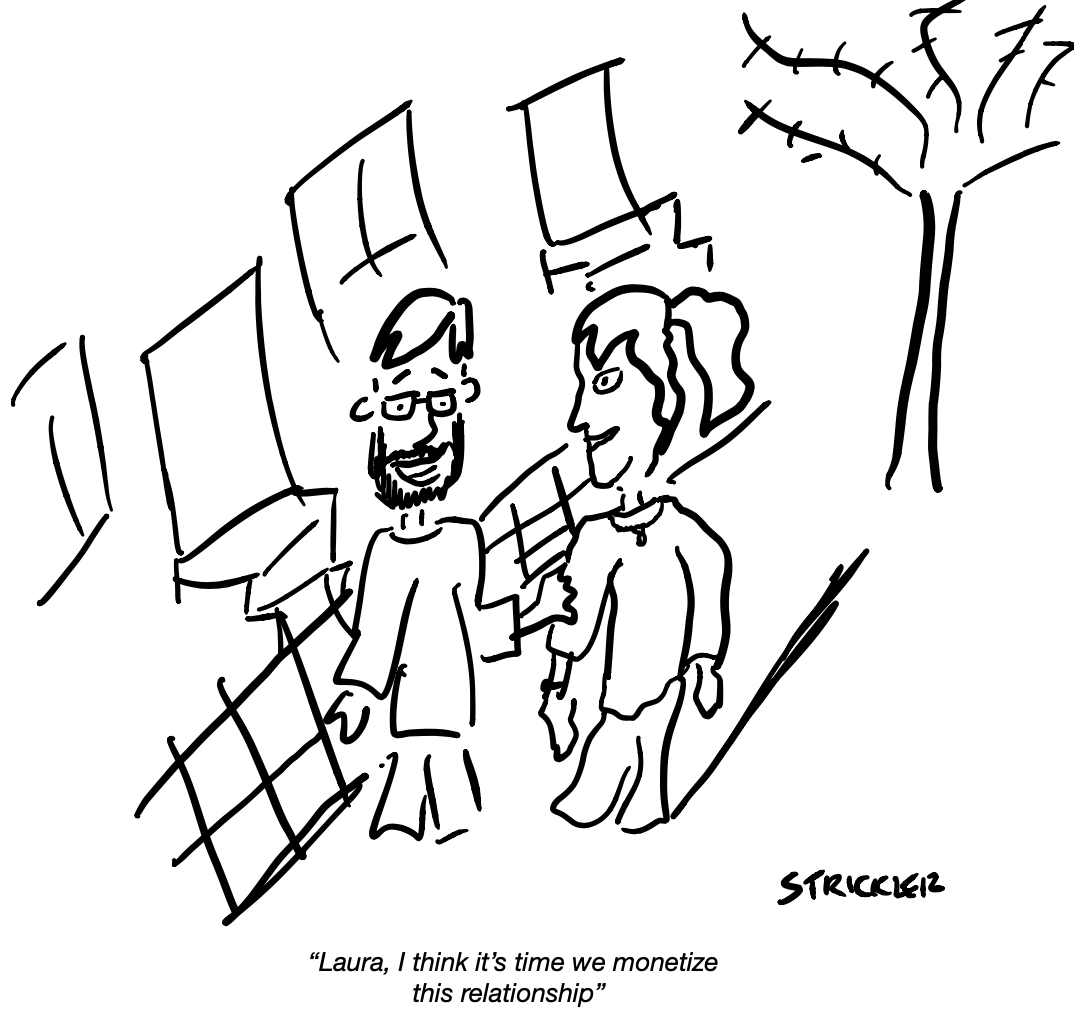The new paradigm is here, it’s just not evenly distributed yet.
Last week a group of academics in the Netherlands announced plans for a radical but pragmatic shift in the country’s priorities. Among their proposals:
-
Provide every citizen economic security while reducing each person’s working week so that jobs and meaning can be plentiful
-
Move the nation’s framework for success away from GDP growth and towards the growth of specific values (clean energy, health, education) and the degrowth of others (fossil fuels, advertising).
It’s basically our STIFF vs BENTO chart from last week in public policy form.
The crisis is opening many people up to new ideas like these.
It’s happening in Denmark, where the government put the economy into a “freezer” and guaranteed 80% of workers’ wages until this crisis is over. It’s happening in the UK where the government has done something similar. It’s happening for me, too. I’d previously been skeptical of Universal Basic Income but its stock has risen considerably in my eyes. As it has for a lot of people, including Republicans.
These are all signs of the new paradigm.
We hear hints of the new paradigm in Marc Andreessen’s pronouncement that “it’s time to build.” Andreessen says we haven’t built because we haven’t been motivated to. And yet the only motivation our world has greenlit over the last half-century is to maximize financial value. Last year a prominent Silicon Valley VC defined a “successful” company as one that’s worth “$10b or more or changed the world.” If you’re not that big, don’t bother.
At a dinner last fall a billionaire told me there was so much money sitting on the sidelines of the economy I wouldn’t believe it. Rich people weren’t investing it because, he explained, there wasn’t anything worth putting the money into. This said while we sipped sea-foam appetizers and the world was already on fire.
This is the old STIFF* paradigm. Inflexible. Like Bob Dylan’s Mr. Jones who can’t see what’s happening unless it models out a return that beats the S&P. This mindset has run the world for fifty years but its reign is ending. The belief that only financial value matters — that we can earn our way to nirvana — is ending.
*Short-Term, Individualistic, Financial Fundamentalism
Frontiers of exchange
The economist Robin Hanson recently wrote a piece that bridges the old and new paradigms called “What Can Money Buy Directly?”
In it, Hanson lists out 50 things that money can’t buy, echoing the economist Arthur Okun’s list of “blocked exchanges” (which don’t seem to be online so I’ve put in the footnotes of this post). Here’s Hanson’s list:

But, Hanson points out, it is possible to imagine buying these things with measurement. He writes:
“Consider beauty. Some say beauty can’t be measured, as it is ‘in the eye of the beholder.’ But if you ask many people to rate someone’s beauty, their ratings are correlated. So imagine taking many standardized pictures and video of a client, across across their usual range of clothes and environments, and then paying many independent observers to rate their attractiveness. Do this at the start to get an initial value, and plan to do it again in, say, six months. A client might pay a beauty agent based on the change in this measure.”
He goes on:
“It looks feasible to much more directly buy many things we care greatly about, including beauty, happiness, health, career success, popularity, and status. Yes it would be [expensive] work to set up systems to measure such things, work that could not be recouped for just from one client. But the prospect of many millions of clients should be quite sufficient.”
As I wrote last week: “the most important metrics for shaping the future haven’t been created yet.”
Where Hanson and I might differ is that he’s seeing these emergent values as new things to spend money on. He’s projecting them into our existing structure of exchange. But I think it’s not just the metrics that will change. The method of exchange will, too.
Social exchanges
The shift to a BENTO-like paradigm is inherently social.
Social in the sense that it’s rationally aware of the collective Us space.
Social in the sense that social reputation may end up being the most critical currency in many realms of life.
Social in the sense that this transformation is driven primarily by the internet turning humanity into a giant brain.
Social in the sense that a lot of the new exchanges will be based on people providing social values (as in Hanson’s examples) to each other.
As our value system becomes more social, it poses an interesting challenge for the question of monetization. Plenty of social science research has shown that money can be a de-motivator when it comes to social interactions. Daniel Pink’s Drive and Dan Ariely’s Predictably Irrational tell stories of late fees at day care centers, NIMBYism, and other examples of how money can violate norms and produce the opposite of its intended effect.
This happens when exchanges are social in nature. Interactions where shared values and social values rule how to behave. Using money in those moments feels viscerally wrong. If someone gave you a gift and you reciprocated by giving them the money they paid for it, it would feel like a slap in the face despite being a fair financial exchange. It feels wrong because the gift wasn’t financial. It was social.

I recently watched a livestream of a YouTuber explaining how they set up a mastermind circle of other influencers for emotional support. When she started reaching out to others to join, she was especially careful to focus only on people with the same number of followers as her or less. She believed that asking “up” would make her look like a social climber, creating negative social value around her name.
This kind of nuance is critical when it comes to social exchanges. These things are complicated. Expectations and desires have to be clearly vocalized, heard, understood, and consistently met to create trust.
Despite the complication, we’re going to see more goods and services being made available according to non-financial values. Take this way to unlock new content in a video game, for example:
Engage-to-play is the new model of community building
— Jerry Lu (@thejerrylu) April 22, 2020
As applied to gaming with Riot's recent launch of Valorant: pic.twitter.com/clXPsK0kio
Time spent, not money spent, is the incentive embedded in the game’s Values Stack. In the world of the game it’s not who has the most IRL that matters. It’s who puts in the most in the game’s universe that matters. A powerful message.
Of course there’s still self-interest on behalf of game makers — time spent is a proxy for attention. But this same strategy can be used to reward pro-social values as well. The most generous users could be rewarded. The ones who score highest on some other community-positive value. All eminently possible.
In my book I wrote about Adele distributing concert tickets using an algorithm to identify her most loyal fans. There was still the financial exchange of a ticket purchase — as there is in the initial price of the video game — but her Value Stack was optimizing for another value on top of financial value. Adele was optimizing for Now Us with a communal experience for her most loyal fans. The video game is doing the same.
We’re about to see a proliferation of similar bespoke forms of value. They’ll be created to reinforce in-group social values and to prevent outsiders from buying their way in, for reasons not unlike my Dark Forest Theory of the Internet piece:
“The dark forests grow because they provide psychological and reputational cover. They allow us to be ourselves because we know who else is there. Compared to the free market communication style of the mass channels — with their high risks, high rewards, and limited moderation — dark forest spaces are more Scandinavian in their values and the social and emotional security they provide.”
Bespoke values will allow us to increase social safety, create new barriers and opportunities for entry, and significant new frontiers to explore.
Values pluralism
We’re witnessing the first sparks of values pluralism and holistic awareness. It’s dawning on us that money won’t solve everything. We’re coming to terms with the fact that the world is bigger than each of us individually right this second.
The new world is coming online.
For those in charge of the current world, the idea of a new paradigm is terrifying. It may feel like a bloody revolution. But as I wrote in Post-Capitalism for Realists:
“In a post-capitalist world, financial value would still be a core part of our decision-making. It just wouldn’t be the defining consideration as it is today. This would be a world where CEOs would be comfortable investing financial value to create non-financial value… It would happen by defining new values, measuring non-financial ROI, and demonstrating that decisions based on the whole value spectrum are what will produce the outcomes that are truly in our self-interest.”
It’s only in our current anti-equilibrium of people not having enough to satisfy their Now Me needs while being force-fed new ones through advertising that our current paradigm works. But the world is becoming too precarious for that to last.
I’m with Andreessen: we need to build. But not build to extend the current paradigm. Build to create the values and metrics that will justify the next one. Only then will we get to the work that most needs doing rather than just what makes the most money.
Linknotes
- Here’s Arthur Okun’s list of “blocked exchanges,” ways that money is blocked from from being used based on cultural values, as listed in Michael Walzer’s exceptional Spheres of Justice:
- Human beings cannot be bought and sold
- Political power and influence cannot be bought and sold.
- Criminal justice is not for sale.
- Freedom of speech, press, religion, and assembly do not require money payments
- Marriage and procreation rights are not for sale
- The right to leave the political community is not for sale
- Exemptions from military duty, jury duty, or any other form of communally imposed work not for sale.
- Political offices cannot be bought
- Basic welfare like police and primary schools are only purchasable at the margins; a minimum is guaranteed to every citizen
- Desperate trades of last resort are barred. The eight hour day, minimum wage laws, health and safety regulations — all set a floor
- Prizes and honors are not available for purchase
- Divine grace
- Love and friendship cannot be bought
- A long list of criminal sales, murder etc
“The Bill of Rights is a series of blocked exchanges.”
— Arthur Okun
-
Robin Hanson’s “What Can Money Buy Directly?”
-
The AI entrepreneur Allie Miller gave a great concise guide to how to use the bento on LinkedIn:
Yancey Strickler taught me a new way to write a to-do list this weekend. I wanted to share it with you all.
When you plan your week, consider four boxes:
- “Now me” - what do you need to do, your day-to-day actions, things like groceries, finish your marketing plan.
- “Future me” - picture the ultimate version of yourself, whispering back through time, they would say “to get to where I am, this is what you need to do now”.
- “Now us” - people you feel emotionally responsible for, imagine all of them on your couch, what do you want to do for them this week?
- “Future us” - imagine the world 30 years from now, what’s important to you and others in that future year, how can you contribute to that world this week?
When it comes to your to-do list, don’t just live in the moment. Plan for the future.
Peace and love my friends,
Yancey Strickler
The Bento Society

